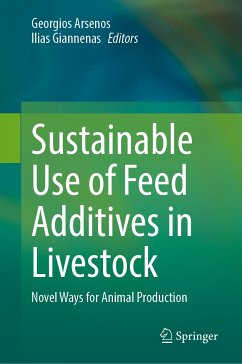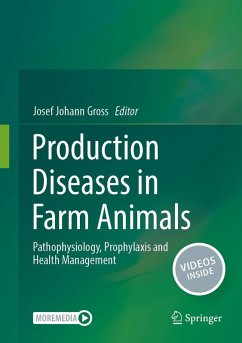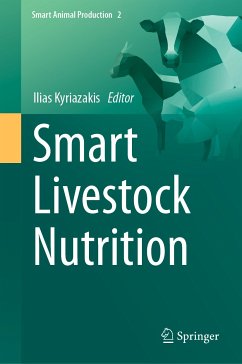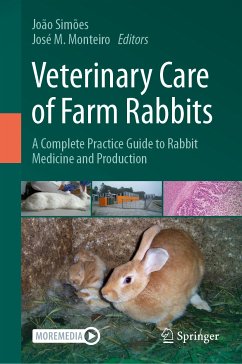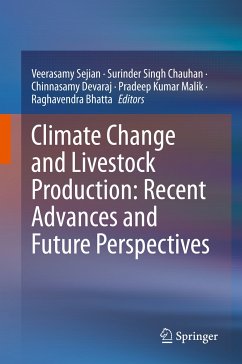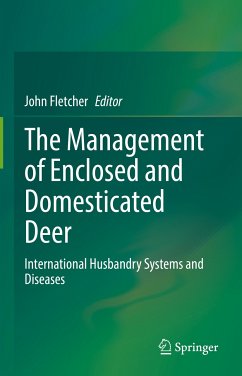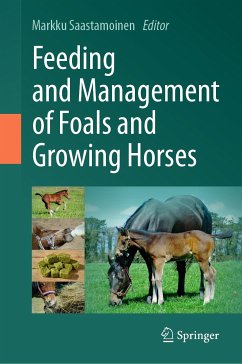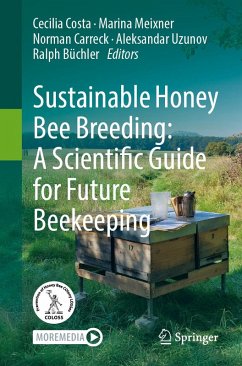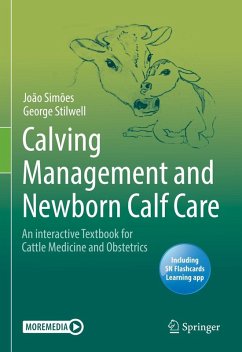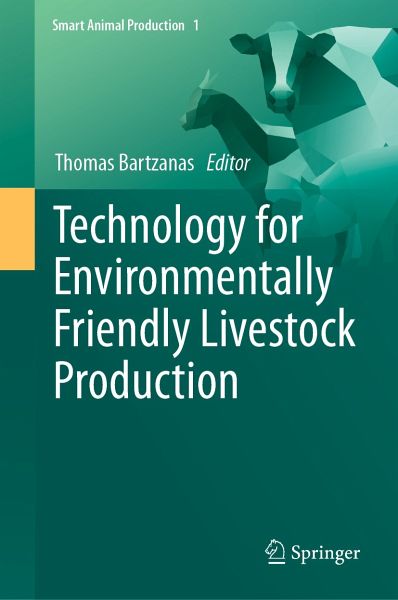
Technology for Environmentally Friendly Livestock Production (eBook, PDF)
Versandkostenfrei!
Sofort per Download lieferbar
136,95 €
inkl. MwSt.
Weitere Ausgaben:

PAYBACK Punkte
68 °P sammeln!
This volume compiles state-of-the-art scientific knowledge on the technologies that are used to quantify and reduce the environmental impact of livestock production in the cattle, pig and poultry industries. It makes a serious statement about how such technology can contribute to the sustainability of the livestock industry in the future. As the global livestock sector is growing, modern farm animal production is increasingly regarded as a source of solid, liquid, gaseous and dust emissions, which can be both nuisance and environmentally harmful. In light of hardening regulations and social pr...
This volume compiles state-of-the-art scientific knowledge on the technologies that are used to quantify and reduce the environmental impact of livestock production in the cattle, pig and poultry industries. It makes a serious statement about how such technology can contribute to the sustainability of the livestock industry in the future.
As the global livestock sector is growing, modern farm animal production is increasingly regarded as a source of solid, liquid, gaseous and dust emissions, which can be both nuisance and environmentally harmful. In light of hardening regulations and social pressure, there is increasing interest in scientific research on air pollution and emissions from livestock operations.
The present chapters focus on methodology improvement, harmonization of measurements, and modeling aspects. Key aspects, such as renewable energy sources, nutritional approaches to reduce enteric methane emissions, technical options for manure management, and the use of sensors, are covered. By sharing good practices, this book is a valuable reference for a diverse readership. Experts across the veterinary and animal sciences, agricultural engineering, the food industry and sustainability research will benefit from the findings.
Dieser Download kann aus rechtlichen Gründen nur mit Rechnungsadresse in A, B, BG, CY, CZ, D, DK, EW, E, FIN, F, GR, HR, H, IRL, I, LT, L, LR, M, NL, PL, P, R, S, SLO, SK ausgeliefert werden.



